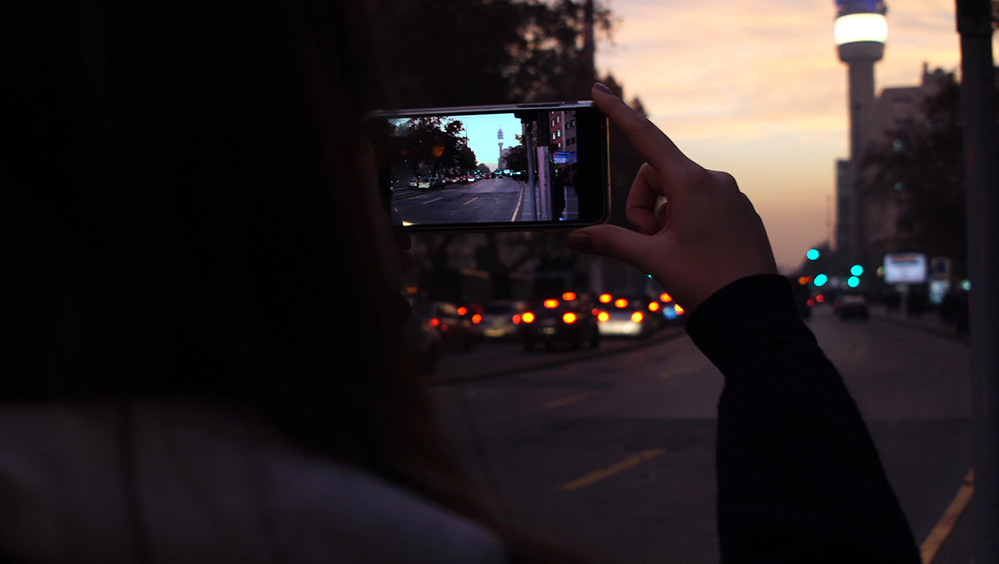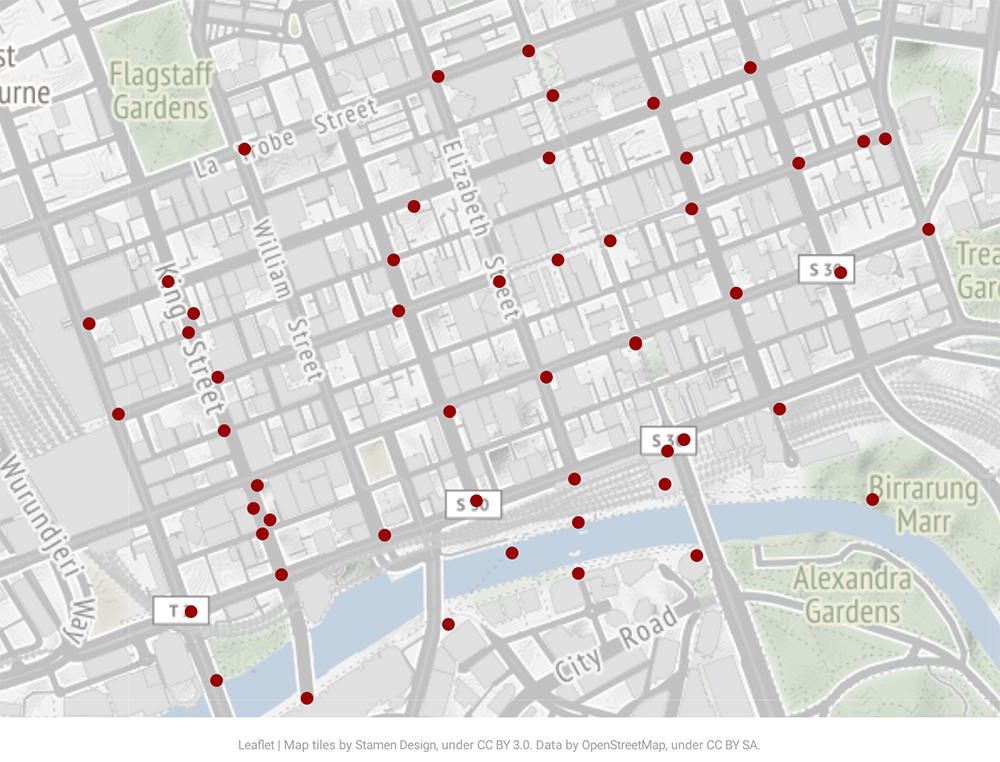There is no doubt that security cameras or CCTV networks are everywhere. If you are out in public there is very little chance of not being recorded on a camera somewhere
Add to this the ubiquitous use of phone cameras recording anything of interest, and you start to realise that a great deal of your life is recorded and available for consumption, either publically or privately.
Is this a good thing, or have we traded out rights in the name of security and safety?

Let’s look at some of the uses of these cameras first, and some look at the various uses of these cameras;
The most obvious and pervasive use case is the city streets CCTV network. These cameras are constantly recording the events in our public places. They are viewed by council workers, private security firms contracted to monitor them, state and federal police (as well as a host of other government security organisations as needed have access). Where it is in the public interest this footage may also be released to the public through media channels (including social media) to help identify or educate.
Public cameras may be very obviously located, such as those observing traffic, or completely hidden away – how many cameras do you think the Federal Police would use in a location such as an airport? Probably more than you might think
The Melbourne CBD may have as many as 95 such public CCTV cameras on the streets of the city.

Then there is the private network of CCTV cameras. These serve a similar purpose but are located on private, mostly commercial premises.
They are installed for loss prevention (catching thieves), public nuisances, staff security, and sometimes recording staff doing silly things to be replayed at staff Christmas parties.
Home security cameras have been the big boom in recent years. Sales are worth over one billion in the US alone. These cameras, at least the more modern ones, offer 4K resolution and are combined with a motion sensor, triggering only when there is movement. They are typically wireless and may combine with a phone app, so if the camera does trigger, then the operator can view the direct feed from the camera, contacting the police or a neighbour to assist.
Most obviously, though, is the pervasive use of phone cameras. With their often vertical recording – this is what you often see on Facebook and news sites with the constant relay of the news. If there is a slightly interesting or newsworthy thing happening, expect a bunch of people recording, for future posting on FB and Twitter.
There are some subsets of cameras that you can decide how to classify – dash cams recording from inside vehicles (or bike helmets), police and security staff with wearable cameras, action cameras like GoPro’s, and dare I say it professional or intended video, although this is more and more associated with set up shots rather than catching the live action. Funny to think though that just 5 years ago this was the main method of video recording.
What are the pros? Here are a few I would consider;
- entertainment – this is top of the list because it is the overriding use of video, both intended or accidental
- security purposes – this is the argument most used when talking about cameras in public places and justifying it. Catching criminals or wrongdoers more and more relies upon being able to identify them, either a physical appearance or some other identifier such as a license plate. Evidence captured in the lens of a camera is often irrefutable and is enough to convict.
- we also have the deterrent factor, which is enough to prevent crime from occurring in the first place. If a would-be criminal sees a camera operating they will be less likely to commit a crime. Not always of course, but it helps.
What are the drawbacks?
- obviously, the privacy factor. At what point is it Ok to trade our privacy for the sake of security? Many people would point out that this is an acceptable trade-off. Millions of us have our day to day activities tracked in order to locate and detain a few. And the point is, so long as the vast majority of information connected with the activities of people doing nothing wrong is not misused, then we shouldn’t have a problem.
- Often, though, we see that the footage obtained is not used correctly. An otherwise decent person, finding some incident funny, might copy that video and make it public. Did they obtain the written consent of each person contained in the video? Unlikely.
Honestly, a video made it public does not require any consent to be reshown in public. lawpath.com.au make the point; “There is currently no law in Australia that prohibits you from filming in a public place without asking for permission”, however, they go on to say that if the video is intended for commercial purposes (ie, to make money) then consent should be sought. - We have no control over those recordings. They have no context, and usually no right or reply. That is, once they are in the public domain, the public at large will be free to think, and comment, whatever they wish. And if the statements are factually incorrect, have a bias or are discriminatory, you have very little recourse. If you find yourself unwittingly in a ‘viral’ video, trying to request copies of the video are removed will be next to impossible.
Doubtless, other points exist – feel free to let me know what you think – direct message me on twitter @GsecSecurity

